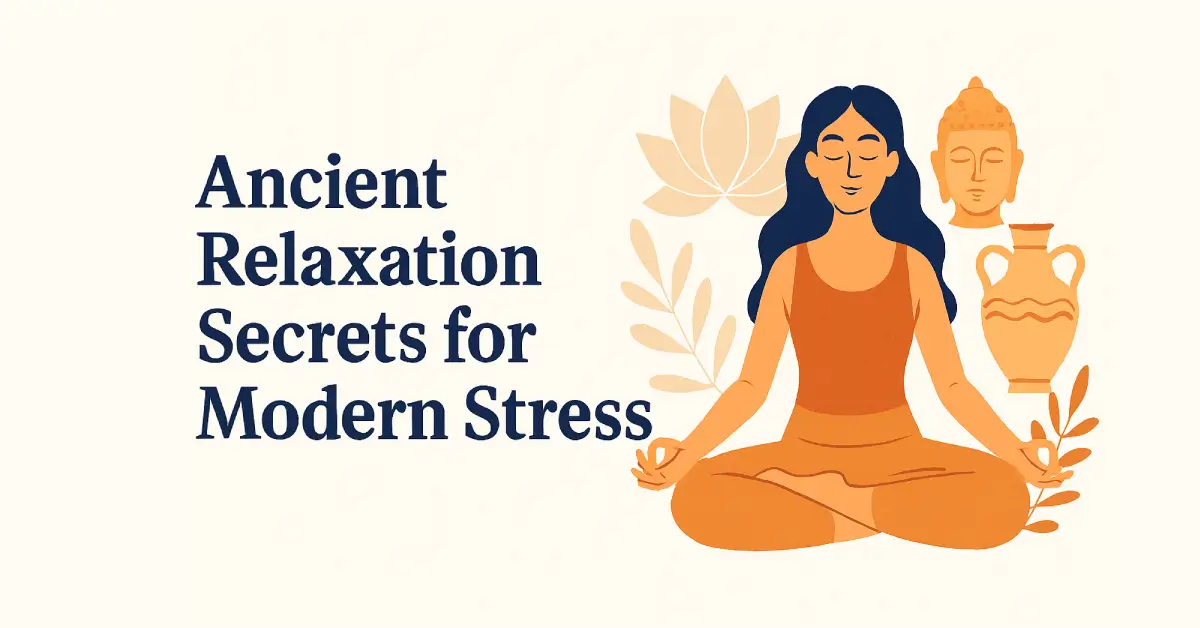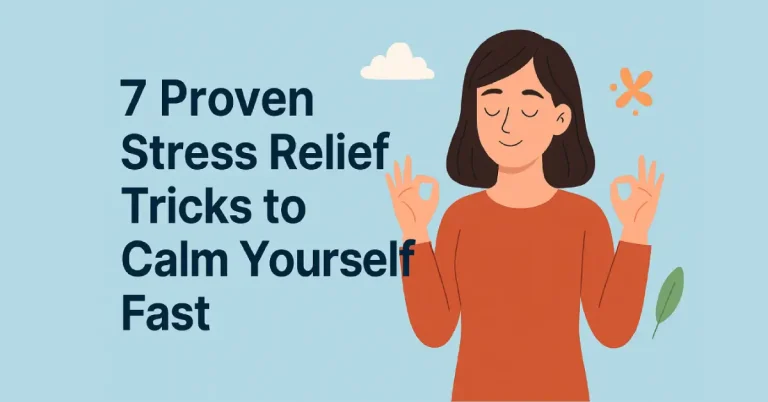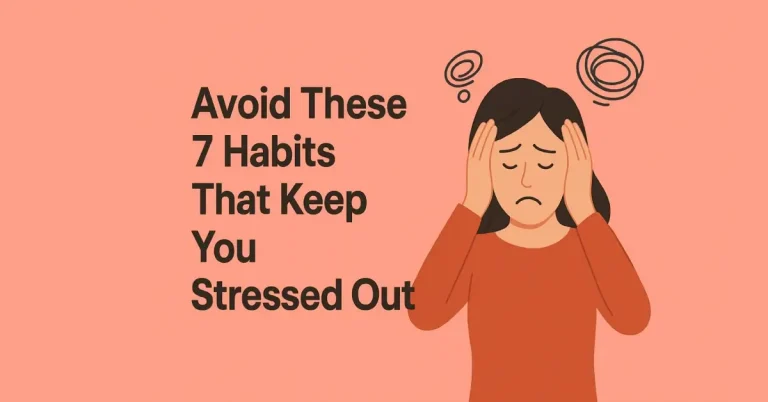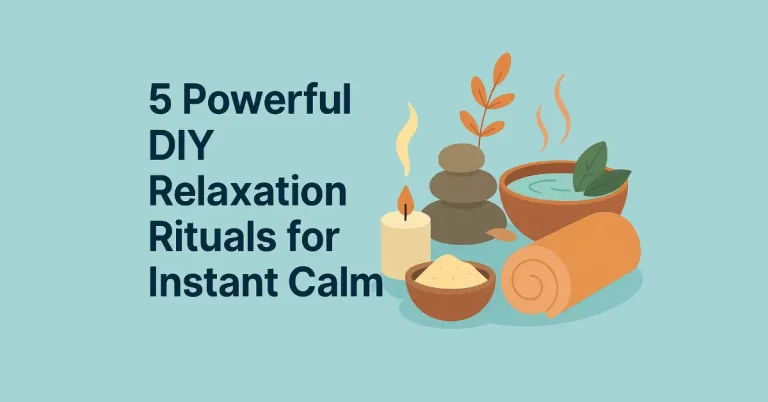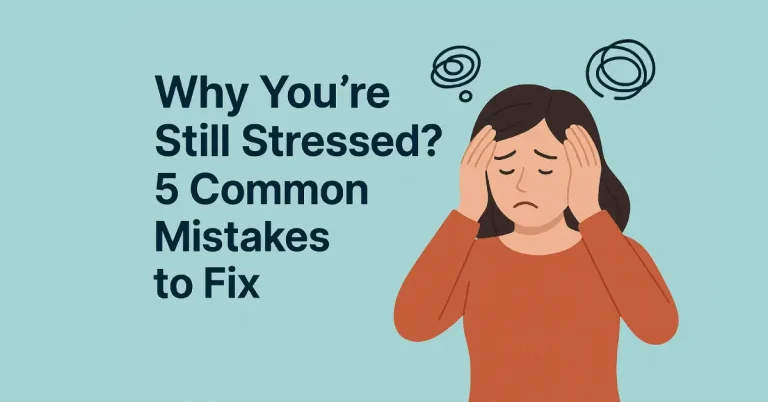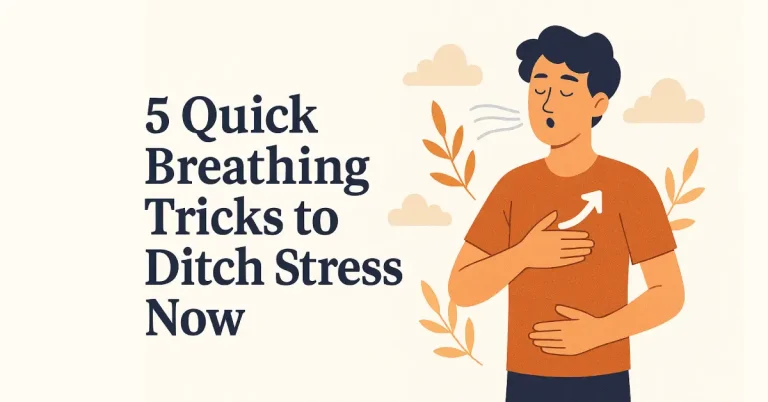Ancient Relaxation Secrets for Modern Stress
🕊️ Ancient roots, peaceful mind!
In our fast-paced, always-online world, stress can sneak into our lives more easily than ever. While modern life offers convenience, it often robs us of inner peace. But here’s a calming truth: many ancient cultures had powerful relaxation rituals—simple, natural ways to soothe the mind and body.
These age-old practices aren’t just charming traditions—they’re backed by modern wellness, too. Let’s explore how you can bring ancient calm into your modern routine and truly unwind.
🌿 1. Oil Massage (Abhyanga)
This Ayurvedic self-care ritual has been practiced in India for centuries. A warm oil massage not only softens the skin but also deeply relaxes muscles and nerves.
Why it works:
The gentle motion and warmth of the oil calm your nervous system, improve circulation, and promote restful sleep. Sesame or coconut oil are great choices.
How to do it:
Warm the oil slightly and massage from head to toe with slow, loving strokes. Let it soak in for 15–30 minutes before a warm shower.
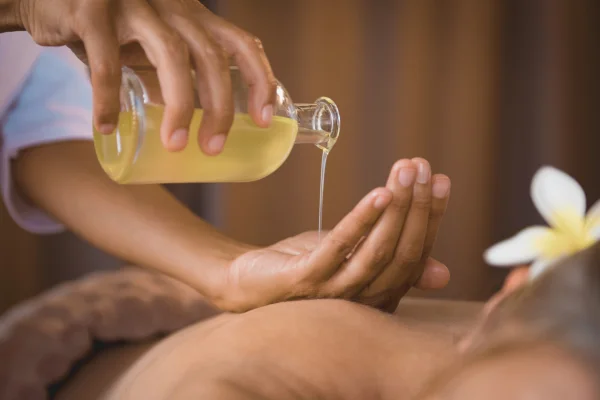
🍵 2. Sip Herbal Teas
Long before energy drinks and fancy lattes, ancient civilizations turned to herbs for healing and calming. Chamomile, tulsi (holy basil), and passionflower were trusted allies in easing the mind.
Why it works:
These herbs reduce anxiety, support digestion, and help prepare your body for rest. They also offer a gentle ritual to slow down and reconnect with yourself.
Try this:
Enjoy a cup of chamomile or lavender tea in the evening. Inhale the aroma, take slow sips, and let your mind unwind.
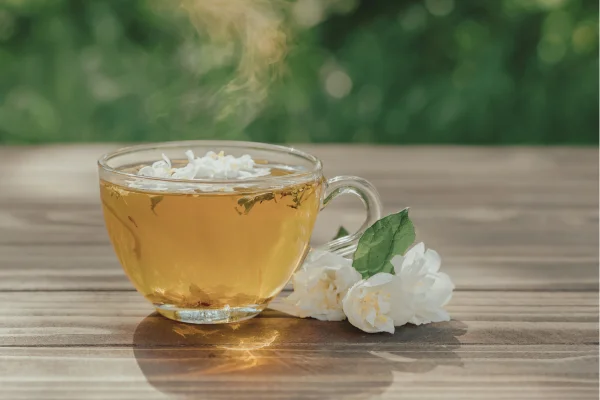
🧘 3. Slow Breathing Techniques
Ancient yogis believed breath is life—and they weren’t wrong. Breath control, or “pranayama,” is one of the most effective tools for calming anxiety quickly.
Why it works:
Slow, deep breathing lowers heart rate, reduces cortisol (your stress hormone), and increases clarity.
Try this:
Practice the 4-7-8 method: inhale for 4 seconds, hold for 7, exhale for 8. Repeat for 5 rounds. You’ll feel calmer almost instantly.
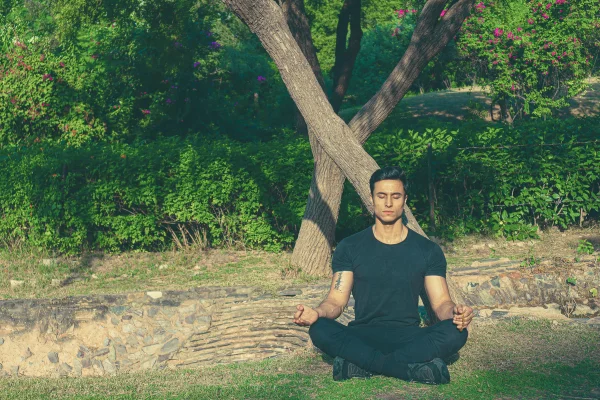
🧂 4. Salt Baths
Ancient Greeks, Romans, and even Egyptians used mineral-rich baths to heal and soothe. A warm salt bath is still one of the best ways to relax your muscles and clear your mind.
Why it works:
Epsom salt is rich in magnesium, which helps reduce inflammation, ease tension, and support better sleep.
Make it magical:
Add a few drops of lavender or eucalyptus oil, light a candle, and soak for 20 minutes.
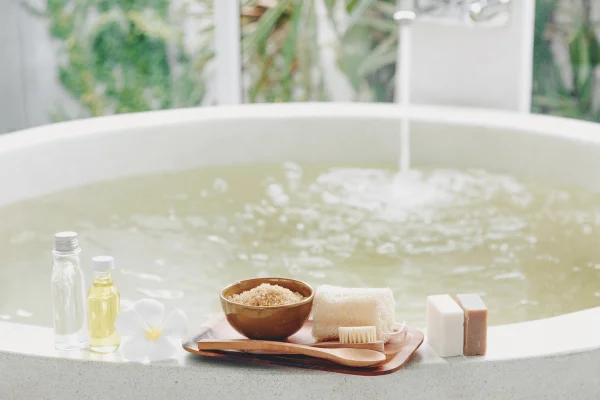
🌳 5. Grounding with Nature
In ancient times, people spent most of their days outdoors—connected to the earth, sun, and air. Today, we’re often stuck indoors, staring at screens. But nature still heals.
Why it works:
Walking barefoot on grass, touching trees, or sitting near water restores your energy and balances your nervous system—a practice now called “earthing.”
Try this:
Spend 10–20 minutes a day outside. Walk barefoot in the morning dew, sit under a tree, or breathe deeply while looking at the sky.
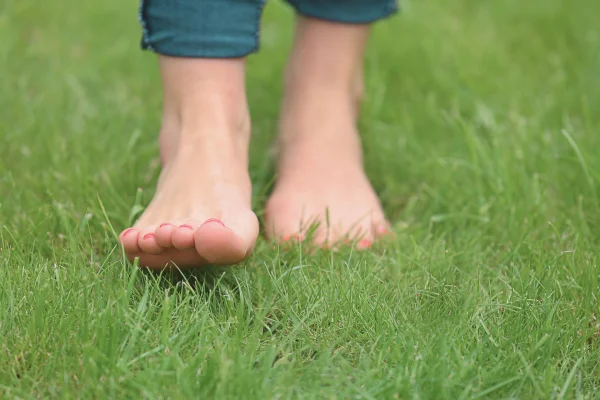
🪷 6. Breath-Focused Meditation
Meditation has roots in nearly every ancient tradition—from Buddhist monks to Sufi mystics. One of the simplest and most powerful forms is just sitting quietly, focusing on the breath.
Why it works:
This form of mindfulness quiets the mind, lowers stress, and builds emotional resilience over time.
Begin here:
Sit comfortably, close your eyes, and bring your attention to your breath. Don’t force it—just notice each inhale and exhale. Start with 5 minutes a day.
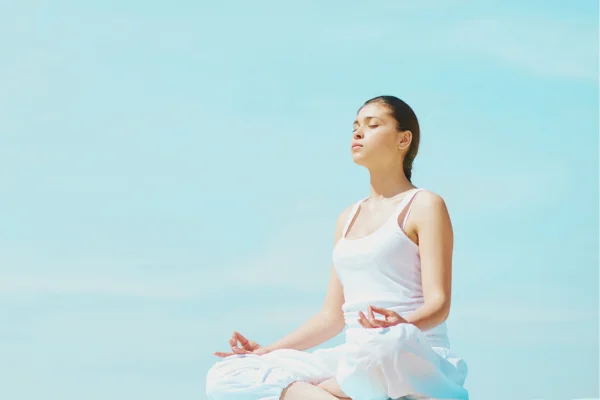
Final Thoughts: Let the Ancient Calm You
You don’t need an expensive spa day or complicated gadgets to relax. True peace often lies in the simplest rituals—many of which have been used for thousands of years.
Choose one of these practices and try it today. Light a candle. Breathe deeply. Step outside. Your body and mind are craving this kind of gentle care.
🌿 Remember: You don’t have to escape to a mountain retreat. Ancient relaxation can happen right in your own home.
